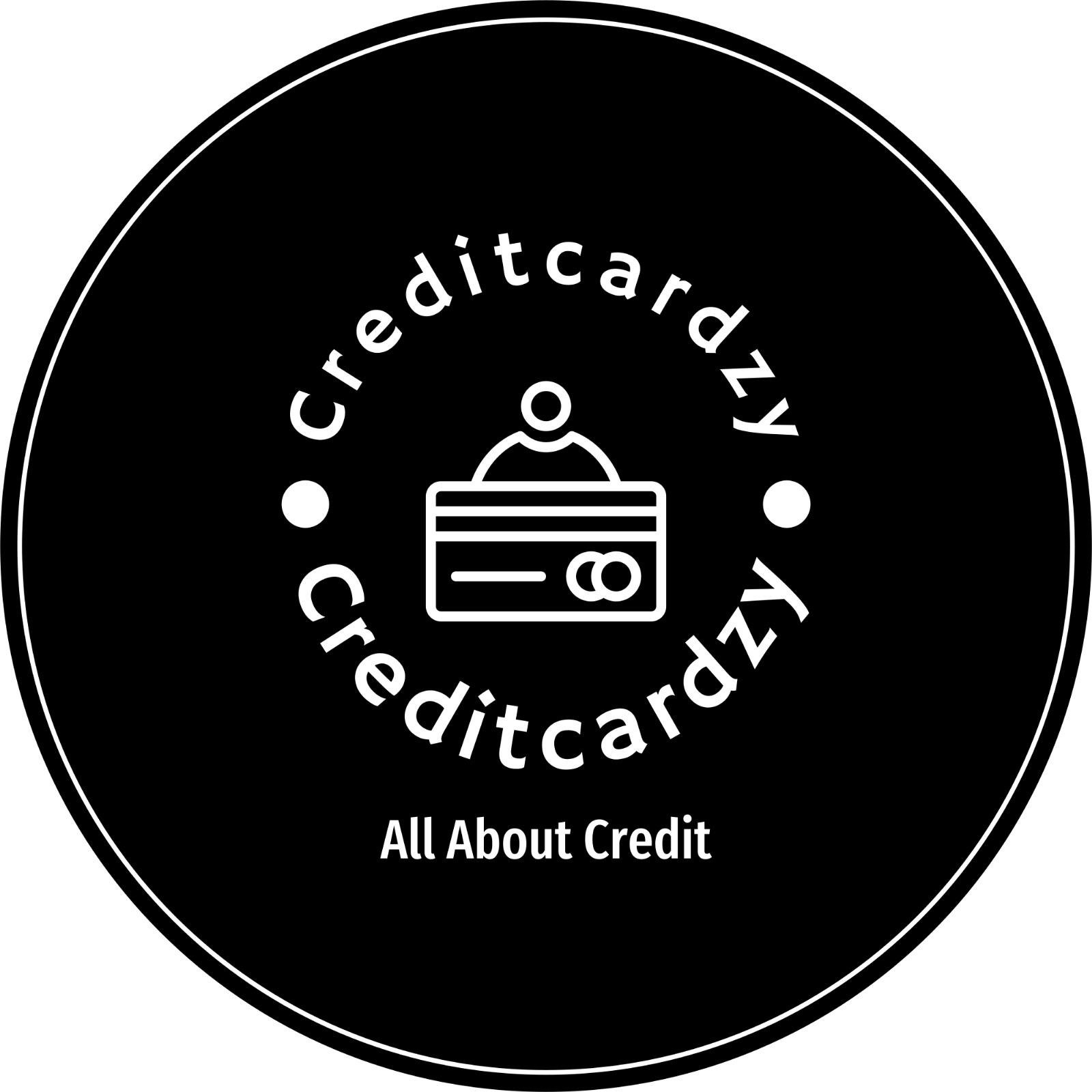When applying for a business credit card, it is common for the issuer to request your social security number (SSN) as part of the application process. This is because the issuer wants to check your personal credit to determine your creditworthiness for a small-business credit card. However, if you want to separate your personal and business finances, you may not want to include your SSN and be subject to a personal credit check. In this case, you can choose to apply for a business credit card using an employer identification number (EIN) only.
An EIN is a number that credit bureaus and the IRS use to identify businesses, similar to how an SSN identifies individuals. The EIN is unique to each business and helps establish your business’s creditworthiness. Depending on the legal structure of your business, you may already have an EIN or may not need one at all. However, if you want to separate your personal and business finances, obtaining an EIN is necessary.
Obtaining an EIN is a simple process that can be done for free through the IRS. The IRS’s online application is the quickest way to get an EIN, as the information you provide is validated in real-time, and an EIN is issued immediately at the end of the application. Alternatively, you can also request an EIN by mail or through a business formation company if you are working with one.
While it is possible to open a business credit card using an EIN only, your choices may be limited. Most small-business credit card issuers require either an SSN, EIN, or both during the application process. Sole proprietors, who are the sole owners of their businesses, can use their SSN to be eligible for a business credit card and may not need an EIN. However, for new businesses without an established credit history, getting approved for a card using just an EIN can be difficult. Additional requirements may include meeting specific criteria for monthly revenue or holding a certain amount of money in your business checking accounts.
There are several types of EIN-only credit cards available to businesses. Corporate credit cards are linked to the corporate account rather than an individual and are generally available to businesses with an annual revenue of $4 million or more and an established business credit history. Fuel cards are issued by fuel companies to help businesses manage their gasoline purchases, but they can only be used at specific company gas stations. Secured business credit cards may be a good choice for businesses with a limited credit history, as they require a deposit with the issuer and provide added security.
Opening a business credit card with an EIN-only has its benefits, such as differentiating your personal finances from your company’s and establishing your business credit score. This can make it easier for you to access additional lines of credit in the future. It also protects your personal assets if your business fails or faces a lawsuit, as derogatory marks on your personal credit history, such as late payments, will not be included.
However, there are also drawbacks to using an EIN-only credit card. The main downside is that there aren’t many options to choose from, and they may be more difficult to qualify for. This can make EIN credit cards out of reach for many small and medium-sized businesses. Additionally, your business’s good credit history will not be reflected on your personal credit report, meaning factors such as credit limit, length of credit, and timely payments will not be displayed. This can potentially limit your ability to strengthen your personal credit score and overall credit profile.
In conclusion, while it is possible to obtain a business credit card with an EIN only, there are several caveats to consider. EIN-only credit cards have limited offerings and often include additional requirements that may be hard to meet. Despite the ease of obtaining an EIN from the IRS, there may be little benefit to your personal credit and FICO score if you choose to open a business credit card with an EIN.

